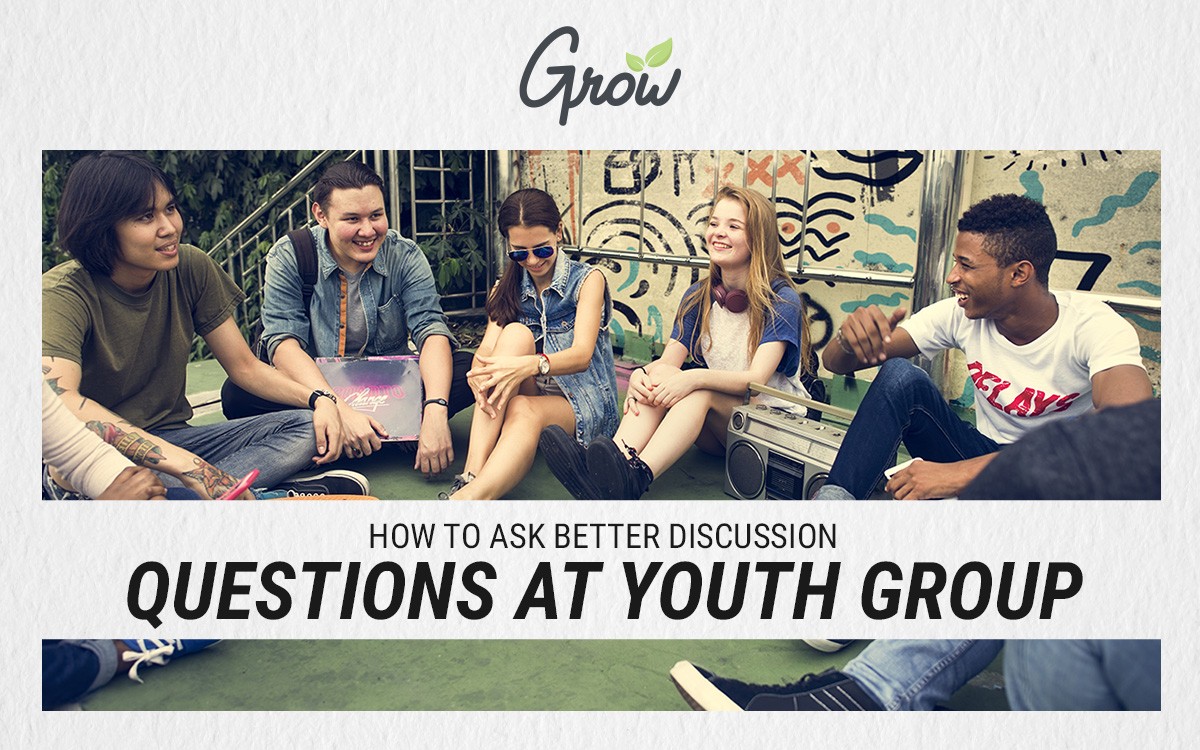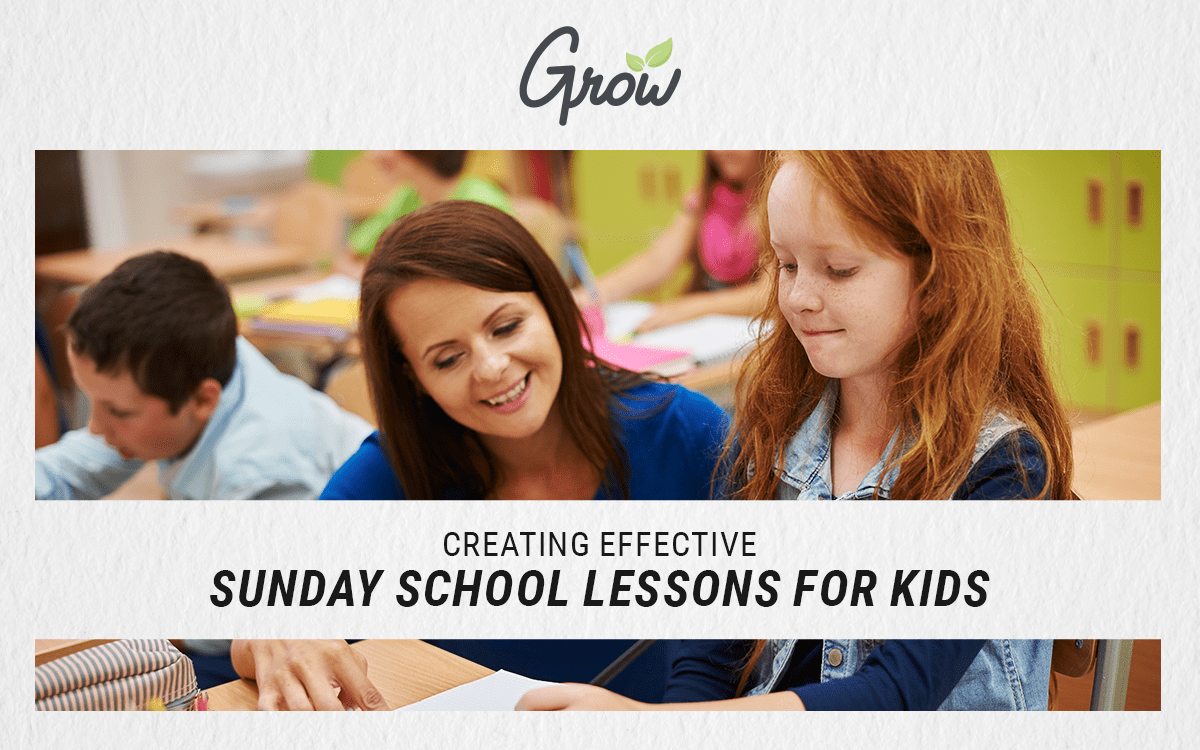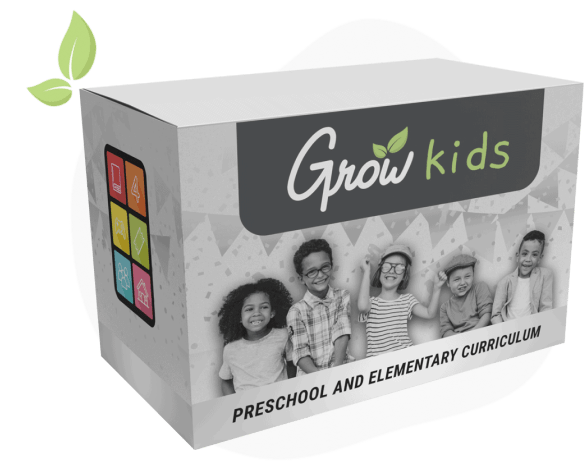
Effective Ways To Structure Small Groups
So you’re gearing up to launch a small group ministry, but not quite sure what it’s supposed to look like? Welcome to every church, everywhere. It’s not as uncommon of a problem as you may think. Many of us could probably describe our picture perfect small group to the letter but getting there from where we are can sometimes look like a blurry map. Today we’ll give you some helpful tips on how to structure your small groups model in a way that’ll get the people at your church excited and ready to connect.
Why should I care about structuring small groups at my church?
So glad you asked! When it comes to creating experiences for the people at your church, a clear and concise structure is helpful. It helps you see the parts of your small groups ministry that is most impactful for people, as well as the parts that may be in need of a little tightening up.
When it comes to the hosts and attendees of your small groups, everyone benefits from having a clear road map for how things should look. For the hosts, it lets them know creating the structure for small groups is a responsibility that doesn’t rest solely on them. In fact, people who thrive in social settings are more likely to sign up as hosts, while feeling like an administrative task such as establishing a healthy structure is not a requirement for them.
And consider the attendees of your small groups. People look forward to showing up and experiencing community that feels like someone had a plan for what was set to happen. Of course, we want to leave space for organic connection and community, but small groups that lack structure and are too loose can feel a bit weird. We’ve all been to that one small group gathering that we quickly decided we wouldn’t be returning to, and definitely don’t want to replicate that experience!
What should my small group structure include?
Creating a structure that will make your small groups effective is as simple as knowing what inspires your church attendees to be in community in the first place. Here are some questions that you and your teams should be considering as you build the structure for your small groups this season.
- What do we hope people will gain from gathering in small groups at our church? Are our values aligned with the people who call our church home?
- Have we explicitly communicated with our hosts about what a successful group looks like, while giving them the tools to pull it off?
- Have we provided tools and resources that are easy for our hosts to use when they gather with their groups?
- Is there a printed or digital roadmap for hosts and attendees to follow along that will help them determine the duration, themes, and expected outcome for the groups they’ll join?
- Are there enough versatile options for groups that allow for inclusivity, and various meeting locations?
More plainly, your small groups structure should clearly tell of:
- Times and dates of meeting.
- A snapshot of the duration for each group.
- What to expect upon completing a period with small groups at your church.
- Instructions for each week’s progress, attendance, and points of discussion. This should also include contact information for a designated person.
- Ways to sign up for church events and volunteer opportunities!
What small groups model is best for my church?
There is not one model that fits all churches, but the most fun part about structuring your small groups model is that you can customize one that fits your unique church and the mission you believe God has set your church to do.
There are some general themes that Jesus followers should always be in pursuit of — things like love, inclusivity, grace, and holiness. But your church has a unique mission that you can lean into! Is your church particularly passionate about broken families or victims of trauma? Is there a geographic place that God has called your church to? Don’t shy away from those things. Be upfront about these passions so that:
- People can decide if your small groups model is something they’d be into.
- People aren’t surprised or confused about your church’s specific mission.
People want to gather where they feel they will belong. And although our churches should be inclusive to all, there are people who need exactly what your small groups will have to offer. Be loud about it!
How exactly can I build an effective small groups model?
An effective small groups model is an honest one. It is clear and concise, and people should know exactly what to expect, whether they choose to host or attend.
Your small groups model will be effective if it . . .
- Is upfront and honest about what it hopes people will gain from attending.
- Isn’t vague about what is okay in a group and what isn’t. Be clear on what a successful group looks like and what’s just, well . . . weird. Clarity is kind and people like kindness.
- Is inclusive to all, making it easy for people to join and harder to find reasons not to.
- Is fun! Who says groups have to be so serious? Encourage your hosts to build a bit of fun into their time with their groups.
- Is generous with information. Remember the ol’ book report formula from grade school? That works here too! Make sure it’s easy for hosts and attendees to know the who, what, when, where, and how for every gathering during your small groups season.
Those are the not-so-secrets to having an effective structure for your small groups! Remember, people are not very complicated. All we want is a little fun, clarity, and a chance to connect with others.
You ready to have the best small groups season for your church? Of course you are! Be sure to click the link below for all sorts of resources and other helpful articles for your ministry.
We created Grow Curriculum — because we know goals aren’t easy to set or achieve without some help. The Grow Curriculum and Annual Strategy (now available for kids or students ministry) is designed specifically to help you set and achieve your ministry goals and more by giving you all of the tools, teaching material, discipleship activities, volunteer training, family resources, and planning assistance that you need.

The Grow Team
A team packed with pastors, ministry leaders, writers, editors, designers, project managers, app developers, and more! The Grow Team works to bring curriculum and ministry strategy to church leaders everywhere.
Related Posts
4 Tips for Small Group Leaders
By The Grow Team
How to Ask Better Discussion Questions at Youth Group
By The Grow Team
Creating Effective Sunday School Lessons for Kids
By The Grow Team












In this post, here’s what we’ll cover: